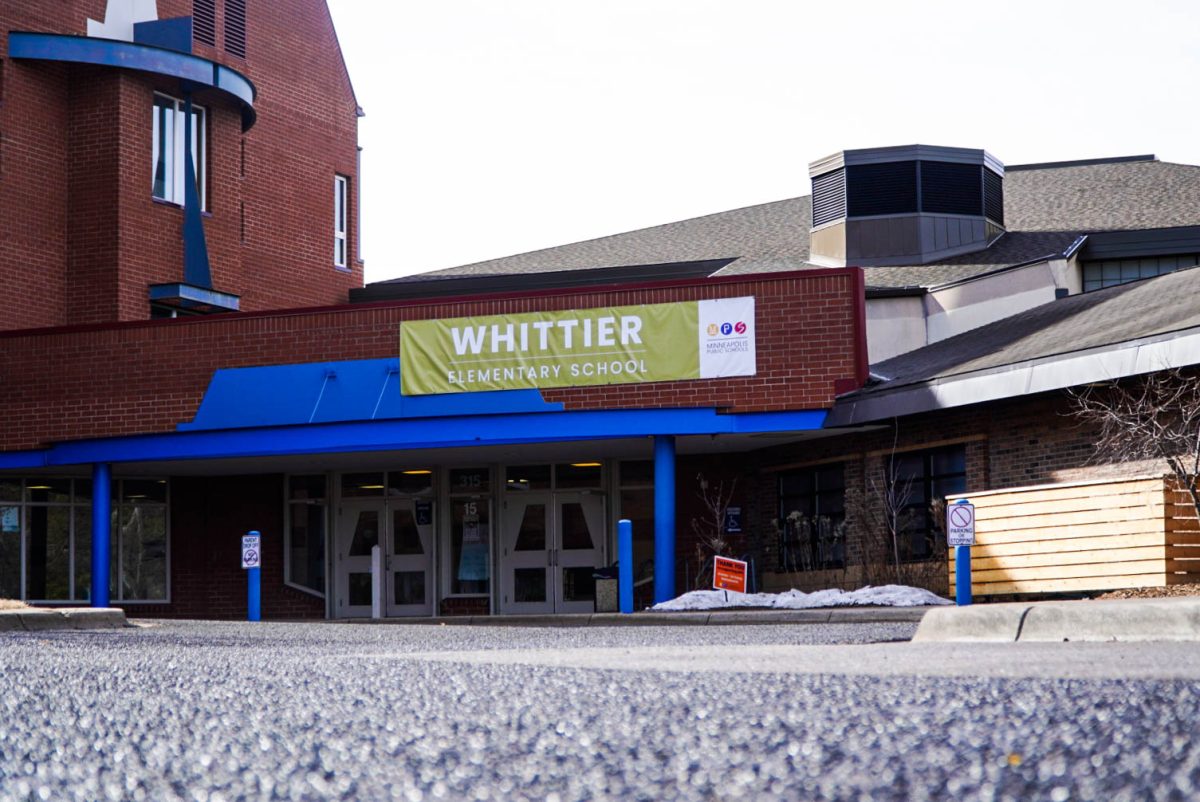Vaccinations, wound care, dental care, medications to counter opioid overdoses and abuse, and more can be delivered on the go with the city unveiling its first Mobile Medical Unit on Oct. 29.
Over $1 million from opioid lawsuit settlement funds covered the cost of the unit, hiring staff and equipping the vehicle with medical supplies, according to the City of Minneapolis website. Service is planned to start early 2025 and is free to all community members.
Minneapolis Mayor Jacob Frey said in an Oct. 29 press conference that the new unit will help underserved people throughout the city.
“It can bring healthcare regardless of which zip code you live in, regardless of where you are, we are going to bring health right to you,” Frey said.
Minneapolis’ Deputy Commissioner of Health Heidi Ritchie said during the press conference that the unit offers services like vaccinations, wound care, physical care, dental care, medication for opioid use disorder, basic health screenings, blood pressure checks and a private room for medical exams.
“Whenever a health care provider can be one-on-one with a community member, we know we can make a difference in their lives through personalized care,” Ritchie said.
The Health Department’s Opioid Response Team will operate the unit with the City of Minneapolis in the process of hiring and training staff, Ritchie said.
City spokesman Scott Wasserman said in a statement that the Health Department will strategically place the unit in the communities with the greatest need. The specific neighborhoods the unit will serve are still being determined.
Council Member LaTrisha Vetaw (Ward 4) said during the press conference that the unit’s creation was a coordinated effort between community members, government officials and medical providers.
“I can’t wait to use the mobile unit myself,” Vetaw said. “We all have a need for it, as it is going to bridge the disparity gap, no question.”
Ritchie said this is the first of its kind in Minneapolis, not the country. Cities across the U.S. are relying on tools like the unit as the opioid epidemic continues.
Colleen Ronnei, the executive director of the drug advocacy organization Change the Outcome, said the unit can prevent opioid overdose deaths.
“The more the city can utilize this medical unit, and if they’re able to connect with people who are in a crisis, whether it’s their mental health or it’s an overdose, if they have the staff in that unit to be able to help people, then fabulous,” Ronnei said. “It takes the pressure off of ERs, it takes the pressure off of people who don’t have transportation to get some basic healthcare.”
Ronnei said while she has hopes for the unit, building up education continues to be an important step in countering opioid abuse.
“I am a believer in that three-legged stool where you’re providing the healthcare aspect for people, you’re providing the education and you’re helping people in their recovery,” Ronnei said.
With the unit receiving praise, Frey said the city’s approach to opioid treatment needs to begin before an overdose occurs.
“In Minneapolis, we care about you and we need to care more about you when you’re experiencing some form of health difficulty,” Frey said.













